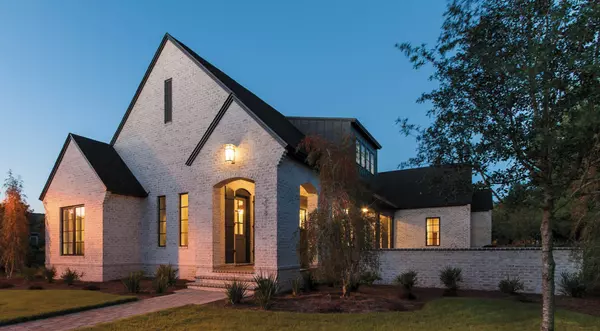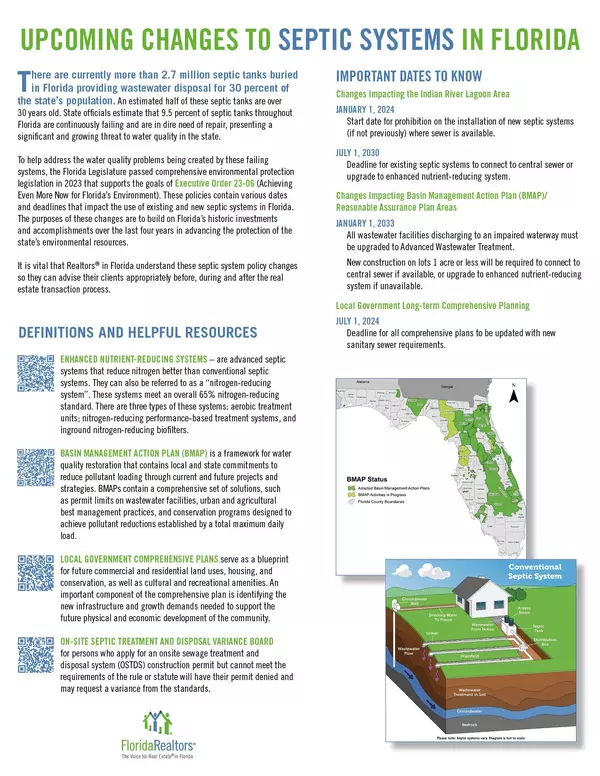 12 First-time Homebuyer Mistakes to Avoid
12 First-time Homebuyer Mistakes to Avoid
Buying your First Home will be one of the largest investments you will make in your lifetime. There are so many stressful events going on at one time, it's easy to make mistakes. Mistakes may cause Buyer's Remorse later.
If you are entering this search as a first-time homebuyer, or it's been years since you purchased a home, knowledge is power. Listed below are the 12 most common mistakes first-time homebuyers make and how to avoid them.
1. Looking for a Home Before Applying for a Mortgage
Always get Qualified for a Mortgage before you start shopping for a new home. You then know for sure what you can afford and this makes a big difference when you are presenting your offer to the seller. It also might entice the Seller to agree to your terms. Many Mortgage Lenders hand out pre-approval letters based only on your credit score. Don't fall for that trick.
2. Buying More House Than You Can Afford
This is the BIG ONE to me. I have seen so many buyers think they have to have the biggest and the best house. I have seen Real Estate Agents try to push buyers into more house than they can afford. Being House Broke is no fun, speaking from Experience. I have seen foreclosures and divorces caused by this problem.
Just because you Qualify for a $400,000 Home doesn't mean you can afford it. There are many obligations that don't show on the credit report. Make yourself a real budget and include everything from car insurance to groceries. Now you know what you can readily afford.
3. Talking to Only One Lender
I always recommend getting quotes from 2-3 Lenders. Compare Rates, Lender Fees and Loan Terms. Always pay attention to customer service in the process. If you are getting the runaround and phone calls not getting returned, you will have a BAD Home Buying Experience. Lenders are very competitive in the area, and they always know what the other is doing.
4. Draining Your Savings
Spending all of your savings on down payment and closing costs is one of the biggest mistakes you can make. There are many costs associated with buying a home, not just the down payment. A 20% Down Payment might keep you from paying Mortgage Insurance, but can cause you to be house broke.
You will need 3-6 months of living expenses in an emergency fund. A large down payment will cause stress you don't need, when you have many other options.
5. Being Careless With Credit
Lenders pull credit reports at preapproval to make sure things check out and again just before closing. They want to make sure nothing has changed in your financial picture. Any new loans or credit card accounts on your credit report can jeopardize the closing. Buyers, especially first-timers, often learn this lesson the hard way. In my entire career, any client who purchased a car doing the loan process, did not close on their home. Most new car payments will knock you out of your debt ratio for your home loan.
You want your credit to basically stay the same from preapproval to closing. Don't open new credit cards, close existing accounts, take out new loans or make large purchases. Pay down credit card balances to below 30% of your credit limit and pay all of your bills on time and in full every month.
6. Moving Too Fast
Buying a Home can be complex and Stressful, especially the Mortgage Process. Rushing the process can cost you dearly later on. Not planning ahead doesn't allow you the time needed to save for a down payment, fix credit issues and educate yourself about the process. Like anything else in life, the more education you have on the subject, the better decisions you can make. Also, don't believe the many myths that are passed down when buying a home. Set out a timeline, I recommend a year. It make takes several months or years to repair credit and save for a down payment. Work on boosting your credit score, paying down debt and saving more money. This will save you money in the end.
7. Making Decisions Based On Emotions
Buying a Home is the largest investment you will ever make.You will make memories, create your own space and put down roots. It's easy to get too attached and make emotional decisions.
When you make decisions with your emotions, it will normally have you paying more for the house than what it's worth. Just remember, when you pay more for a house than what it appraises for, the difference comes out of your pocket.
Have a Budget and stick to it! Don't become emotionally attached to a home that is not yours.
8. Fixating on House Over Neighborhood
You want a Home that checks off the items on your Wish List and meets your needs. Being too picky about a home's cosmetics can be short-sighted if you wind up in a Neighborhood you hate. Selecting the right community is critical to your life and family happiness. You can always remodel a home, but you can't move it.
I can easily get you crime stats and school ratings if you would like. I recommend you measure the commute time to work and visit the neighborhood on different days of the week and different times of the day. This will allow you to see, firsthand, the traffic, neighborhood interactions and overall vibe to see if it is a fit for your family.
9. Assuming You Need 20% Down Payment
The belief that you must put 20% Down Payment is a Myth. It will keep you from paying Mortgage Insurance, it it may cause you to be House Broke. The median down payment on a home is 13%.
Delaying your home purchase to save up 20% could take years, and you could limit cash flow that could be put to better use maximizing your Retirement Savings, adding to your Emergency Fund or paying down High-Interest Debt. Many Employers match retirement funds which is a much better use of cash. The other issue, home prices keep rising, so you are just continually saving money for the 20% Down Payment.
There are Loan Programs with zero to 3.5% Down Payment. There are Local or State Housing Assistance Programs designed for First-Time Homebuyers.
10. Overlooking FHA, VA and USDA Loans
As a First-Time Homebuyer, you might be cash-strapped in this environment of rising home prices and higher mortgage rates. This makes it hard to qualify for a Conventional Loan and you might think you have no other financing options. That's where Government Insured Home Loans enter the picture.
There are three Government Insured Home Loan Programs backed by government agencies. FHA Home Loans (Federal Housing Administration), VA Home Loans (U.S. Department of Veterans Affairs) and USDA Rural Home Loans U.S Department of Agriculture).
FHA Loans require just 3.5 percent down with a minimum 580 credit score. FHA loans can fill the gap for borrowers who don’t have top-notch credit or little money saved up. The major drawback to these loans, though, is mandatory mortgage insurance, paid both annually and upfront at closing.
VA Home Loans are backed by the VA for eligible active-duty and veteran military service members and their spouses. These loans don’t require a down payment, but some borrowers may pay a funding fee. VA loans are offered through private lenders, and come with a cap on lender fees to keep borrowing costs affordable.
Certificate of Eligibility Your Lender Can Get This for You Very Quickly
USDA Home Loans help moderate- to low-income borrowers buy homes in rural areas. You must purchase a home in a USDA-eligible area and meet certain income limits to qualify. Some USDA loans do not require a down payment for eligible borrowers with low incomes.
Check Here for USDA Home Loan Property Eligibility
11. Miscalculating the Hidden Costs of Homeownership
Besides the monthly Principal and Interest Payment, there are several other costs you need to be aware of. As a new homeowner, you will pay property taxes, mortgage insurance, homeowners insurance, hazard insurance, repairs, maintenance, utilities and deposits to name a few. You will also need appliances, furniture and window treatments.
The average homeowner pays about $2,000 annually on Maintenance Services. Not having enough money in your Emergency Fund can put you in the Red very quickly. You need to set aside 1-2 % of the purchase price of your home for repairs and maintenance expenses.
You have to have a Monthly Budget Plan before you ever buy a home. You have to include daycare, groceries, fuel and many other items. You will realize the amount the bank approves you for, is not what you can realistically afford. Don't be forced into a house you can't afford. I will be happy to help you with a Monthly Budget Plan.
12. Live Within Your Means!
Ready to get started? Contact Realtor® Bruce Griffy to buy your Florida home with confidence. LPT Realty proudly offers homes for sale across Florida, and we're excited to get started!




